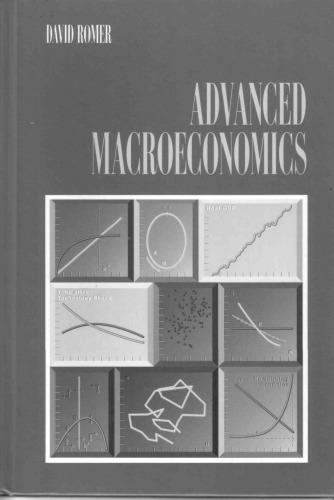1.10. Natural resources in the Solow model. At least since Malthus, some have argued that the fact...
Question:
1.10. Natural resources in the Solow model. At least since Malthus, some have argued that the fact that some factors of production (notably land and natural resources) are available in finite supply must eventually bring growth to a halt. This problem asks you to address this idea in the context of the Solow model. Let the production function be Y = K(AL) R1-a-8, where R is the amount of land. Assume a > 0, > 0, and a +8 <1. The factors of pro- duction evolve according to K = SY - SK, A = gA, L = nL, and = 0.
(a) Does this economy have a unique and stable balanced growth path? That is, does the economy converge to a situation in which each of Y, K, L, A, and R are growing at constant (but not necessarily equal) rates? If so, what are those growth rates? If not, why not?
(b) In light of your answer, does the fact that the stock of land is constant imply that permanent growth is not possible? Explain intuitively.
Step by Step Answer:







